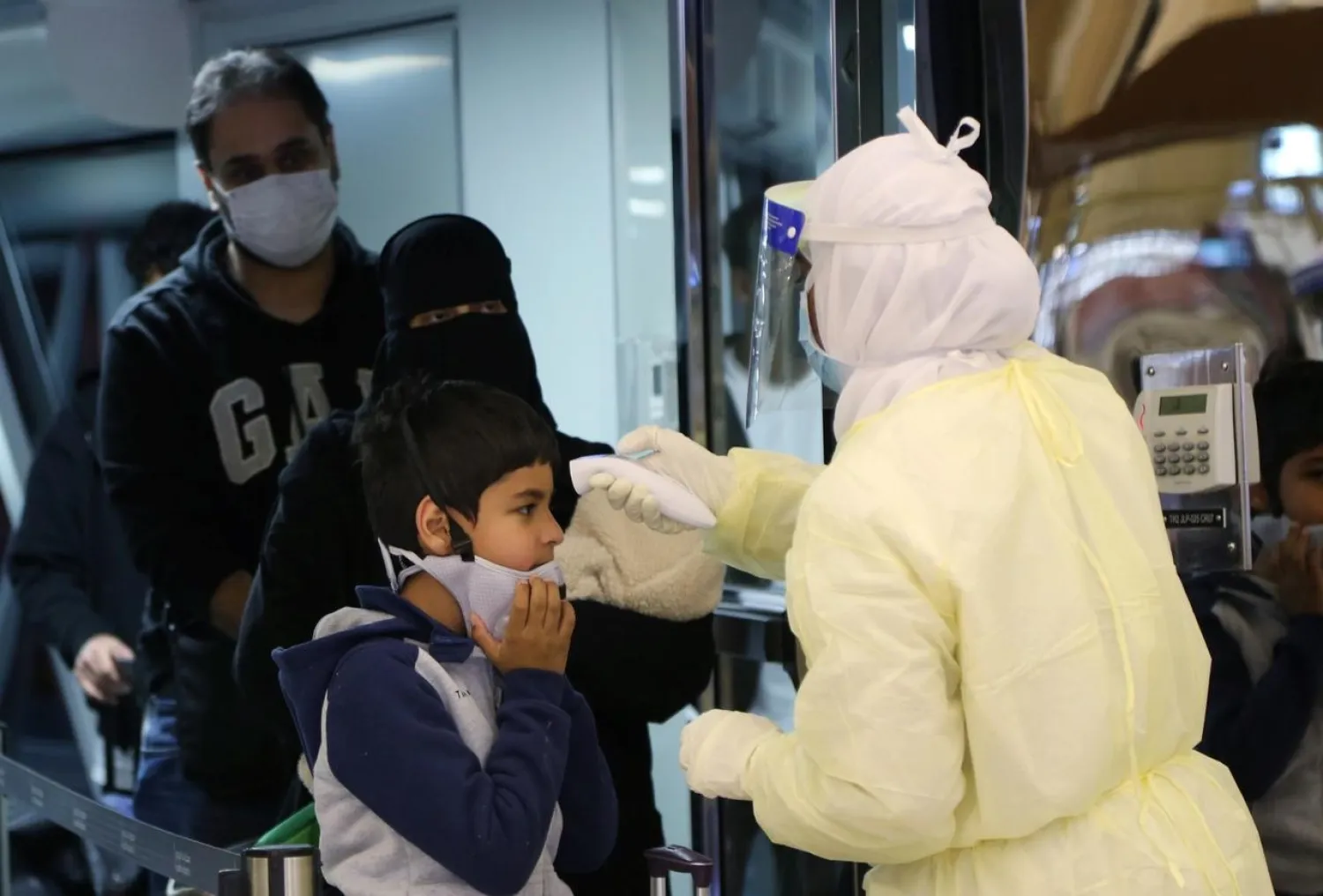Saudi Arabia has allocated an additional 7 billion riyals (USD 1.8 billion) to face the new coronavirus, in addition to the 8 billion riyals (USD 2.1 billion) earmarked at the beginning of the virus outbreak.
The Kingdom has registered on Wednesday 272 new infections and 64 new recoveries. The Ministry of Interior issued decisions, including the prolongation of curfew hours, starting from 3 pm until 6 am.
Dr. Tawfiq Al-Rabiah, the Saudi Minister of Health, said that his country has provided the financial needs for efforts to combat this pandemic, as 8 billion riyals have been approved since the first case of infection was recorded in the country.
He added that a committee chaired by Crown Prince Mohammed bin Salman on Monday has allocated an additional 7 billion riyals to fight the virus, in addition to the approval of a request submitted by the ministry to earmark 32 billion riyals for the end of the fiscal year.
Rabiah regretted that some people did not abide by the directives, as some roads recorded an increase in the number of cars during the day.
“We need to take other measures to protect the society from these people. We stand before a decisive moment as we have to raise our sense of responsibility and contribute firmly to stop the spread of this pandemic,” he emphasized.
The Minister of Health shared the results of four different studies carried out by Saudi and international epidemics experts.
The studies expected that the number of infections during the next few weeks would range from 10,000 to a maximum of 200,000 cases.
According to official data, the Kingdom recorded 272 new COVID-19 cases on Tuesday, bringing the total infections in Saudi Arabia to 2,795 cases.
While the total number of deaths reached 41 until Tuesday, 615 people have fully recovered from the virus to date.









